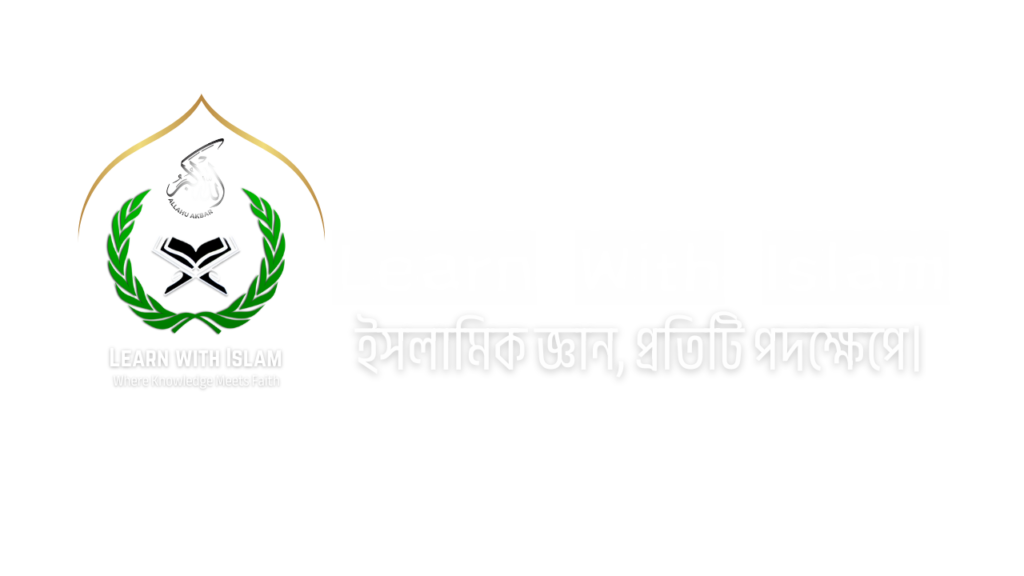Ash-Shams (الشمس)
بِسْمِ اللَّهِ الرَّحْمَٰنِ الرَّحِيمِ وَالشَّمْسِ وَضُحَاهَا
Wash shamsi wa duhaa haa
CONSIDER the sun and its radiant brightness,
وَالْقَمَرِ إِذَا تَلَاهَا
Wal qamari izaa talaa haa
and the moon as it reflects the sun!
وَالنَّهَارِ إِذَا جَلَّاهَا
Wannahaari izaa jallaa haa
Consider the day as it reveals the world,
وَاللَّيْلِ إِذَا يَغْشَاهَا
Wallaili izaa yaghshaa haa
and the night as it veils it darkly!
وَالسَّمَاءِ وَمَا بَنَاهَا
Wassamaaa'i wa maa banaahaa
Consider the sky and its wondrous make,
وَالْأَرْضِ وَمَا طَحَاهَا
Wal ardi wa maa tahaahaa
and the earth and all its expanse!
وَنَفْسٍ وَمَا سَوَّاهَا
Wa nafsinw wa maa sawwaahaa
Consider the human self, and how it is formed in accordance with what it is meant to be,
فَأَلْهَمَهَا فُجُورَهَا وَتَقْوَاهَا
Fa-alhamahaa fujoorahaa wa taqwaahaa
and how it is imbued with moral failings as well as with consciousness of God!
قَدْ أَفْلَحَ مَنْ زَكَّاهَا
Qad aflaha man zakkaahaa
To a happy state shall indeed attain he who causes this [self] to grow in purity,
وَقَدْ خَابَ مَنْ دَسَّاهَا
Wa qad khaaba man dassaahaa
and truly lost is he who buries it [in darkness].
كَذَّبَتْ ثَمُودُ بِطَغْوَاهَا
Kazzabat Samoodu bi taghwaahaaa
TO [THIS] TRUTH gave the lie, in their overweening arrogance, [the tribe of] Thamud,
إِذِ انْبَعَثَ أَشْقَاهَا
Izim ba'asa ashqaahaa
when that most hapless wretch from among them rushed forward [to commit his evil deed],
فَقَالَ لَهُمْ رَسُولُ اللَّهِ نَاقَةَ اللَّهِ وَسُقْيَاهَا
Faqaala lahum Rasoolul laahi naaqatal laahi wa suqiyaahaa
although God's apostle had told them, "It is a she-camel belonging to God, so let her drink [and do her no harm]!"
فَكَذَّبُوهُ فَعَقَرُوهَا فَدَمْدَمَ عَلَيْهِمْ رَبُّهُمْ بِذَنْبِهِمْ فَسَوَّاهَا
Fakazzaboohu fa'aqaroohaa fadamdama 'alaihim Rabbuhum bizambihim fasaw waahaa
But they gave him the lie, and cruelly slaughtered her - whereupon their Sustainer visited them with utter destruction for this their sin, destroying them all alike:
وَلَا يَخَافُ عُقْبَاهَا
Wa laa yakhaafu'uqbaahaa
for none [of them] had any fear of what might befall them.
Meaning
The Sun
Ayas
15
Revelation
Meccan
Surah No
91
Surah Al-Balad focuses on the themes of human challenges, moral responsibility, and the importance of helping others. It speaks to the struggles of life and emphasizes the following points:
Life’s struggles and hardships: The Surah reflects on the human condition, acknowledging that life is filled with challenges, whether it’s striving for sustenance, facing difficulties, or overcoming obstacles.
Moral responsibility: It calls on people to fulfill their moral obligations, particularly by helping the poor and oppressed, and emphasizes the importance of choosing the path of righteousness.
The consequences of choices: The Surah contrasts those who live with selfishness and arrogance with those who act selflessly and with compassion, making it clear that good deeds lead to success while bad deeds lead to failure.
A reminder of moral duty: Surah Al-Balad was revealed to remind people of their moral duty, especially towards helping others. It emphasizes that success is not just about wealth or worldly gains, but also about how one treats others.
Reflection on hardships: The Surah calls believers to reflect on the challenges they face and see them as part of the divine test of life. By persevering and acting justly, they can achieve reward in the Hereafter.
Emphasis on charity and compassion: It serves as a reminder of the importance of compassion, urging believers to give charity, support those in need, and engage in acts of kindness.
Promotes patience and resilience: Reciting this Surah helps believers understand that difficulties are part of life and encourages them to deal with challenges with patience and perseverance.
Encourages self-reflection: It leads to introspection on one’s own actions, motivating individuals to act morally and help others.
Spiritual growth: Regular recitation is believed to foster personal growth, spiritual awareness, and a deeper connection with Allah, as it strengthens one’s resolve to live righteously.
The Prophet Muhammad (ﷺ) said: “The best of people are those who are most beneficial to others.” (Daraqutni)
Charity and support:
The Prophet Muhammad (ﷺ) said: “Whoever relieves the hardship of a believer in this world, Allah will relieve his hardship on the Day of Judgment.” (Sahih Muslim)
“If you find any mistakes in this, please let us know. For a more accurate translation, please refer to the English version. May Allah forgive us for any unintentional mistakes.”

